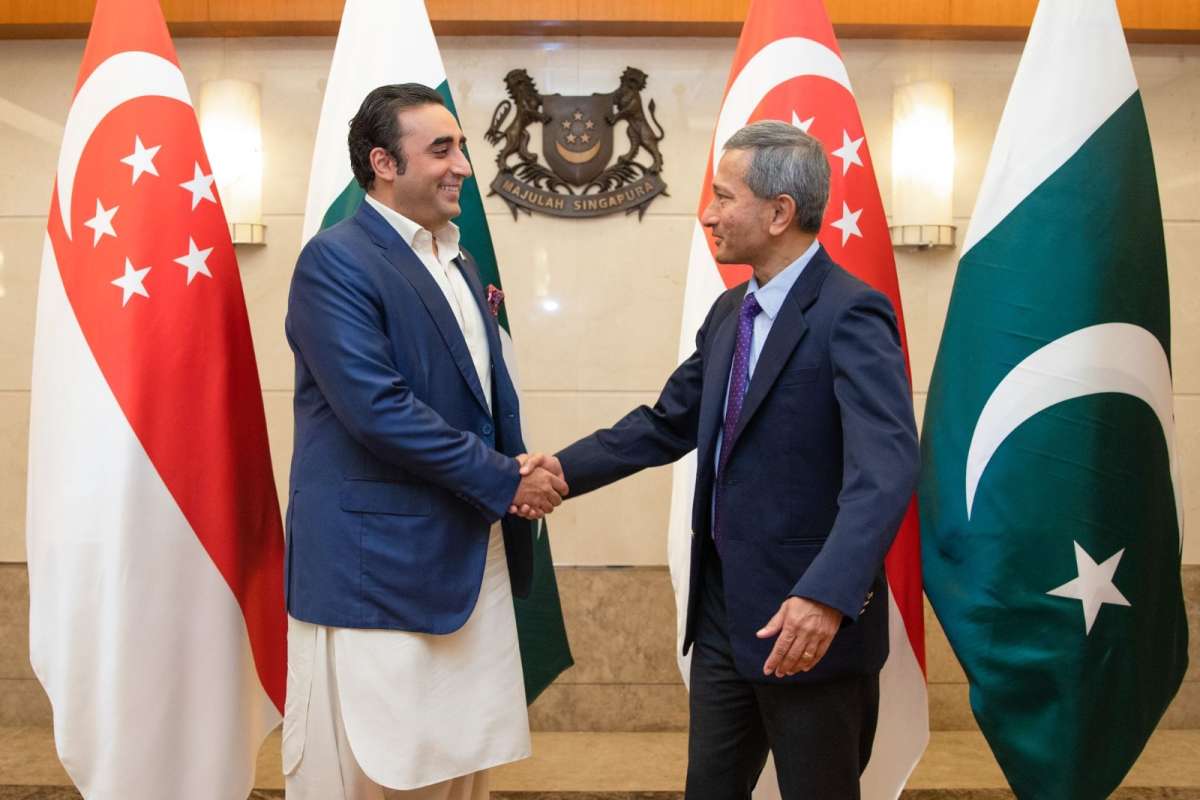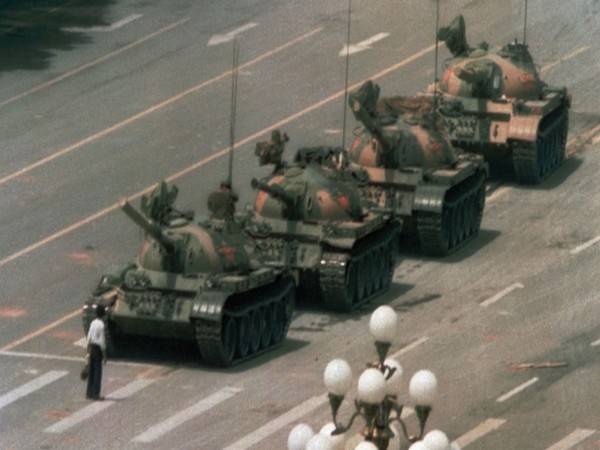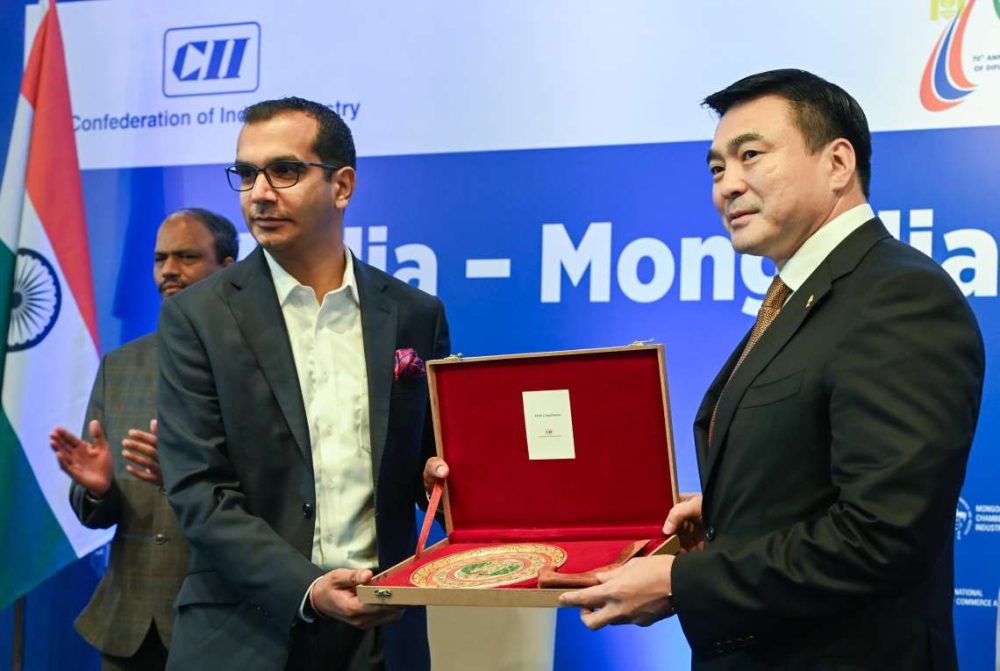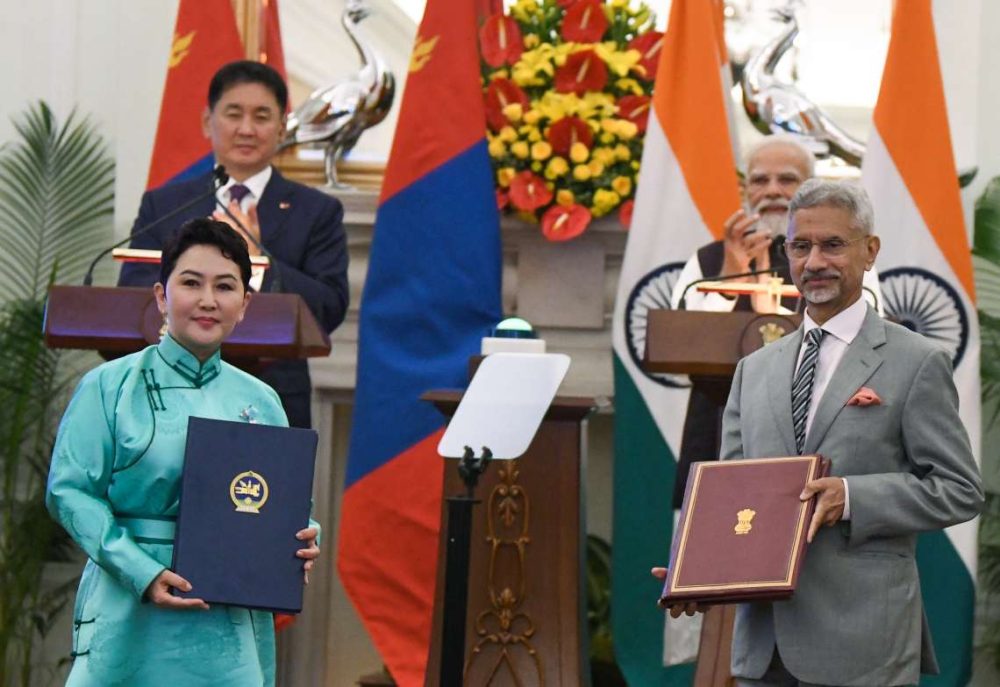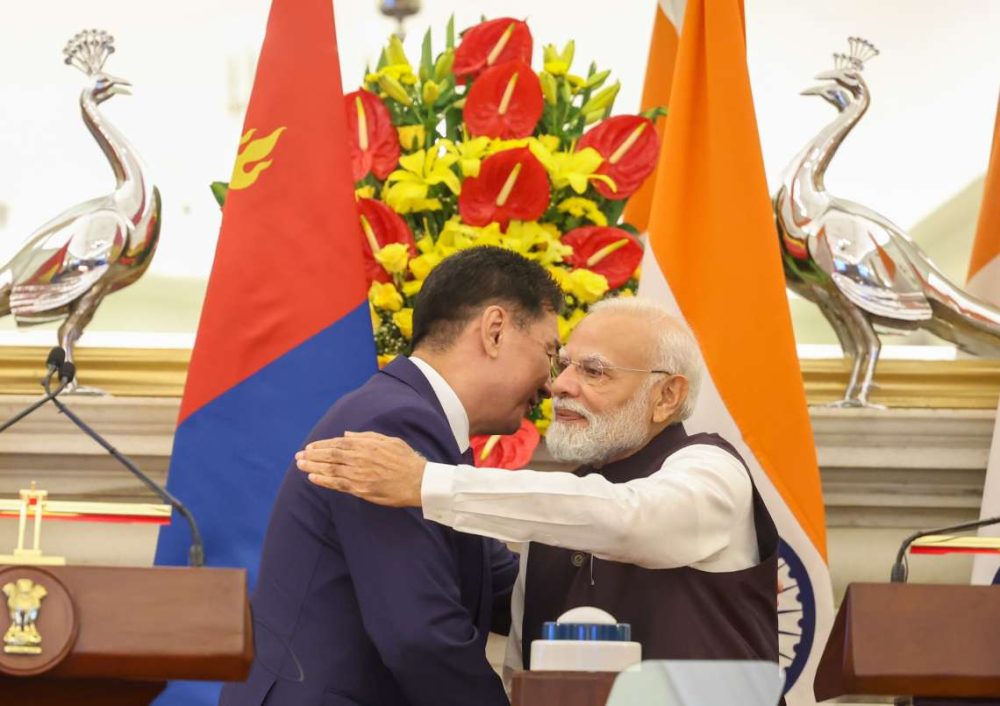For now, the Establishment will have to see that with Imran’s star fading, the space is filled by Bilawal and not the Sharifs. The key Punjab province, where the Bhuttos were powerful till trounced by the Sharifs and later, Khan, is thus poised to become the principal battlefield, not the least, Khyber Pakhtunkhwa, from where Khan hails … writes Dr Sakariya Kareem
Behind the report in the influential South China Morning Post (SCMP) newspaper that Foreign Minister Bilawal Bhutto Zardari may be the next big thing in Pakistan there can be the firm hand of the powerful army-led ‘establishment’, ready to play a new hand in the game to retain control.
If true, it marks the end of the political road for Imran Khan, the former prime minister who is now the army’s proxy-gone-rogue. It also puts a question mark on its earlier favourite, exiled three-time prime minister Nawaz Sharif.

Stars have not favoured Prime Minister Shehbaz Sharif, the incumbent who, despite being considered ‘pro-army’ and pliable, has not delivered in the ongoing political crisis that is worsened by the unprecedented economic stress.
All this is a work in progress as the Pakistan Army seeks to wriggle out of a setback caused by Khan’s rebellion after being voted out of power in April 2022. The defiance has shown the ‘establishment’ as weak in public perception, especially after the May 9 attacks on key army establishments by mobs of Khan’s supporters angered by their leader’s brief detention.
It now emerges that destroyed or damaged during the attack on the residence of the corps commander’s house were memorabilia of Pakistan’s past wars with India, its principal adversary. This is bad for the army’s image.
It sees Khan as having crossed the “red line” and the immediate task of the ‘establishment’ is to prevent his return to power, since he remains popular. One way, analysts say, is to resort to what is called the “salami tactic” – of dividing Pakistan’s political class in a way that ensures a ‘hung’ National Assembly in the elections due later this year. In the political and electoral ‘engineering that it had done in 2018, it had helped Khan cobble up a majority. The new ace in the game of cards, going by the SCMP report, is Bilawal.
The process is underway with the list of Khan’s Pakistan Tehreek-e-Insaf (PTI) leaders deserting it lengthening every day. Khan has himself admitted that “a king’s party” is in the offing. Many deserters had jumped ship when the Sharifs and the Bhutto-Zardaris fell from the military’s grace in the past. Former Pakistan Asif Ali Zardari is already engaged in wooing the old flock back, and in this, the Sharifs cannot afford to lag. This could mark the return of Nawaz from his London exile.
Bilawal’s choice had been anticipated last year when Khan began attacking the army and then army chief, Gen. Bajwa who had helped him with Nawaz’s ouster and disqualification. Khan’s relentless attacks on the United States further disqualified him from ruling Pakistan.
The Zardari patriarch plotted son Bilawal’s rise by ensuring his becoming the foreign minister. This allowed him access to the Americans, the Chinese and the Gulf nations who call the shots in Pakistan. Oxford-educated Bilawal appears to have impressed them, though he is thought to need experience.
Of the many repeats that Pakistan witnesses in its army-civilian relationship, Bilawal’s marks the return of a Bhutto – his maternal grandfather ZA Bhutto was also 33 when he became the foreign minister as Gen. Ayub Khan’s protégé, but eventually challenged him. In alliance-making shortly the Establishment’s task will be to ensure that Bilawal, if successfully installed in power, will not grow too big to challenge the army’s dominance like his grandfather, or mother Benazir, had done.
For now, the Establishment will have to see that with Imran’s star fading, the space is filled by Bilawal and not the Sharifs. The key Punjab province, where the Bhuttos were powerful till trounced by the Sharifs and later, Khan, is thus poised to become the principal battlefield, not the least, Khyber Pakhtunkhwa, from where Khan hails.
As Khan, thought to be contained by court cases and desertions of his supporters loses steam, the ruling PDM may also be splitting in the coming weeks. A caretaker government may make the task easier for the army to ‘manage’ the elections. The World Bank has released flood relief funds. With the army taking control of the political scene, the International Monetary Fund (IMF) may also follow with the economic bailout.


